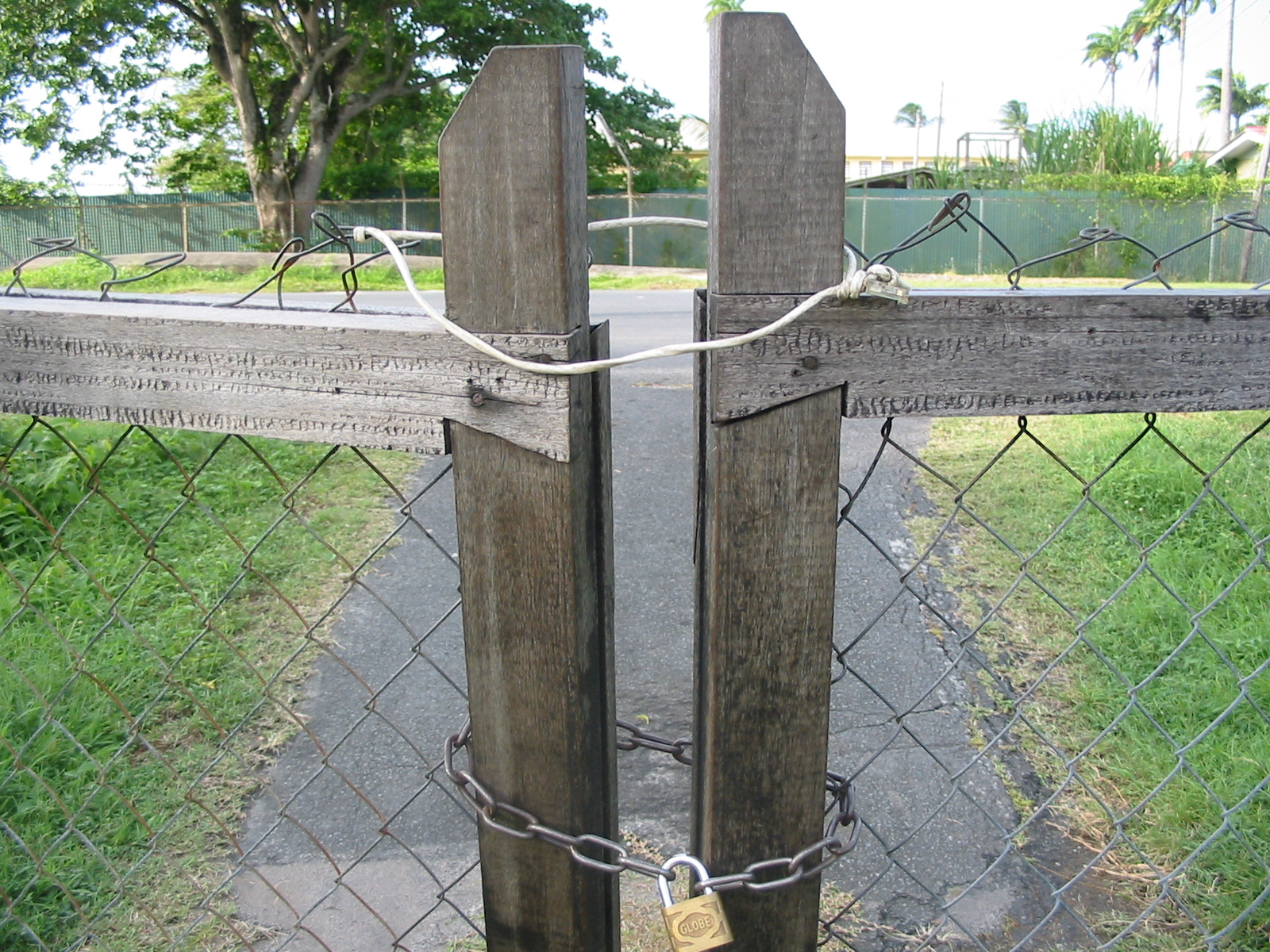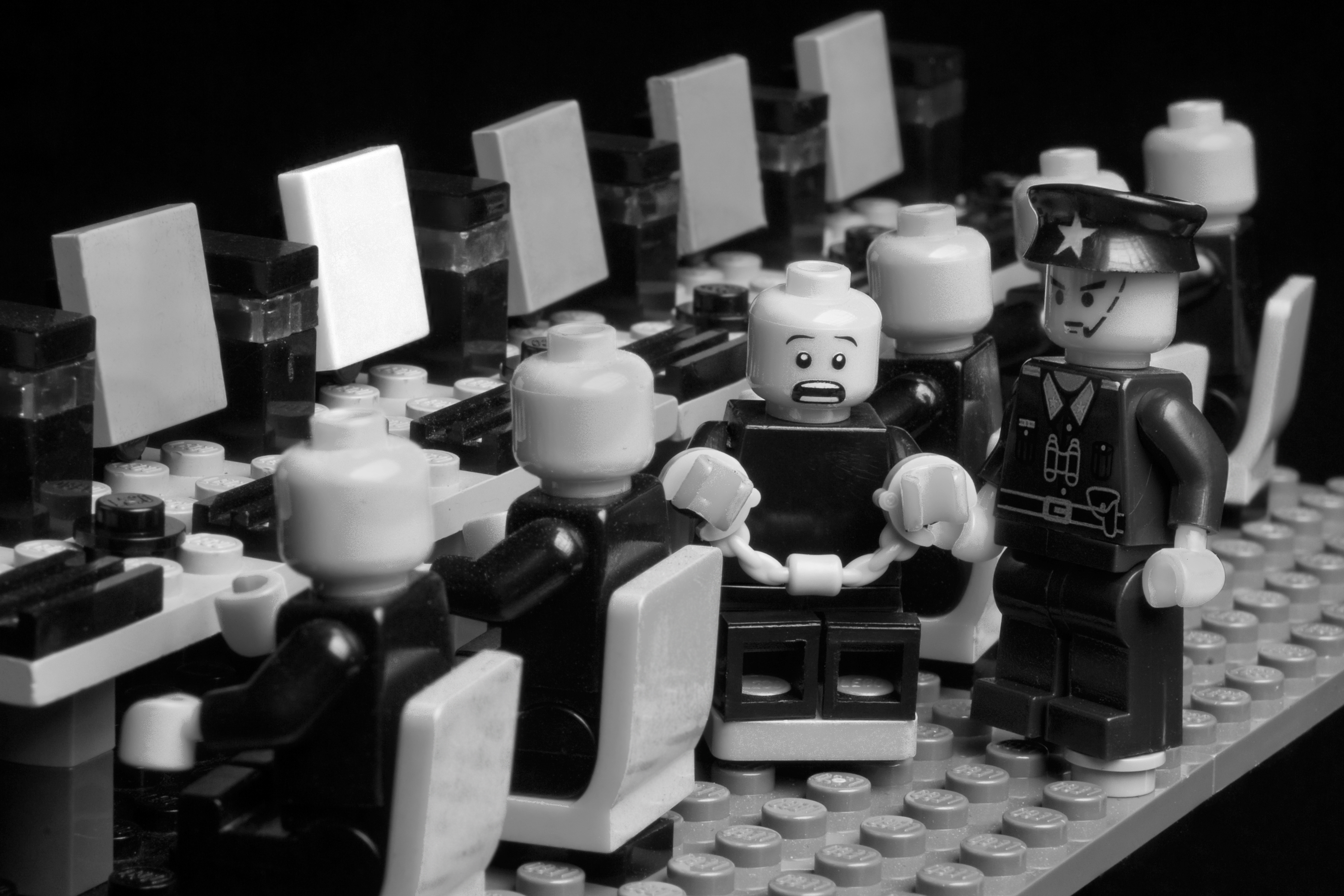
Fake news may seem to be very innocuous and in fact might not seem to cause much harm to anyone or have any real-world consequences. Fake news is a phenomenon where a few individuals, sites and online portals create or/and share pieces of information either completely false or cherry-picked from real incidents with the intention to mislead the general public or gain publicity. We all have at least once received a message on WhatsApp groups or on Twitter or on Facebook saying things like – Jana Gana Mana received ‘best national anthem’ award from UNESCO, or that the new Rs 2000 notes have a GPS enabled chip, or that Narendra Modi has been selected as the Best PM in the world by UNESCO. These apparently harmless rumours have done little more than made Twitter trolls target unsuspecting individuals, sometimes even well-known people.



